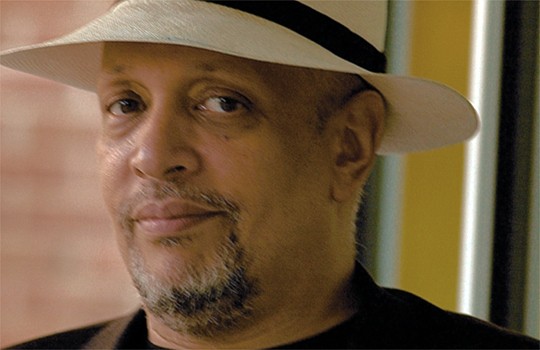
With the Easy Rawlins stories taking place in the 50s and 60s, and Leonid McGill working in the present day, how would you compare the challenges they face?
Easy lives in an America that, in many ways, is still isolated from the rest of the world. This America, though changing rapidly, is dominated by concepts of race and acts of racism. Africa is considered primitive by most inhabitants of Easy’s United States and people descended from Africa are seen in the same uneducated, ignorant light. Separation, segregation, and unequal civil rights are part and parcel of almost every moment and aspect of that world.
Leonid’s New York is much larger and its prejudices less identifiable, though possibly more insidious and duplicitous. There is a definite concept of internationalism in Leonid’s world and economic and social class is more of a defining element than is race or even gender. Money walks, talks, and stalks the streets that Leonid haunts.
In Easy’s Los Angeles, even in the late 60s, he can be pretty sure of the problems and barriers he will be facing; after all he’s a black man seeking equality in a world that wants nothing more than to deny this desire, this claim. Every door that Leonid opens reveals a new set of rules and expectations.
Where these worlds come together is what makes both characters shine. Human nature and its tendency toward perversion makes both men look to see beyond the obvious barriers and into the rotten core of criminal culture.
Raymond ‘Mouse’ Alexander is a truly scary guy. We readers are in awe of him, as are some of the nastiest hoodlums in LA, and yet you waste few words in describing him physically. How does he exude so much menace?
I don’t know if I agree with one assumption in this question and that supposition, I believe, also is the answer. I always describe Mouse as small with rodent features – a light coloured, light eyed black man who would kill you without a moment’s hesitation. The contradiction of his appearance and potential is what makes him so scary.
Cordell Carmel was an intriguing central character in a very different kind of book, Killing Johnny Fry. Might he reappear in another novel?
My ‘sexistentialist’ novel was a great deal of fun to write and though I may return to the genre I doubt if I will bring back any of the characters from KJF.
“Our potential was purely physical, and necessarily short lived. We could aspire to Joe Louis, but never Henry Ford.” What would Ezekiel Rawlins make of an America with a black president?
Easy would be joyous at Obama’s ascendency and frightened by the hatred he would expect against such a hero. In Easy’s world you travelled at night on your belly with your head down; Barack is standing at full height at midday. The giddiness and fear induced by this contradiction might be the cause of stomach ulcers and neurotic tics.
Tell us something about Mama Jo Compton. Sometimes I read her as having supernatural powers, but other times I guess she just knows herbs and potions.
Mama Jo is a chemist seen as an alchemist, a healer seen as a witch. She has stepped outside of the cultural assumptions of our world and gathered, and considered, knowledge that most people, especially educated ones, refuse to see.
In the taxonomy of books you are best known as a crime writer, and yet others have said your writing transcends crime fiction. Do genre labels bother you?
It is impossible to transcend good writing. That said, I don’t mind it when someone calls a mystery a mystery. I just get upset when one of my literary novels is confused with that genre.
Which do you prefer – New York or LA?
I love both New York and LA but I don’t like driving so New York it will have to be.
Walter Mosley’s latest book, Little Green – an Easy Rawlins mystery – is out now. We reviewed it here.